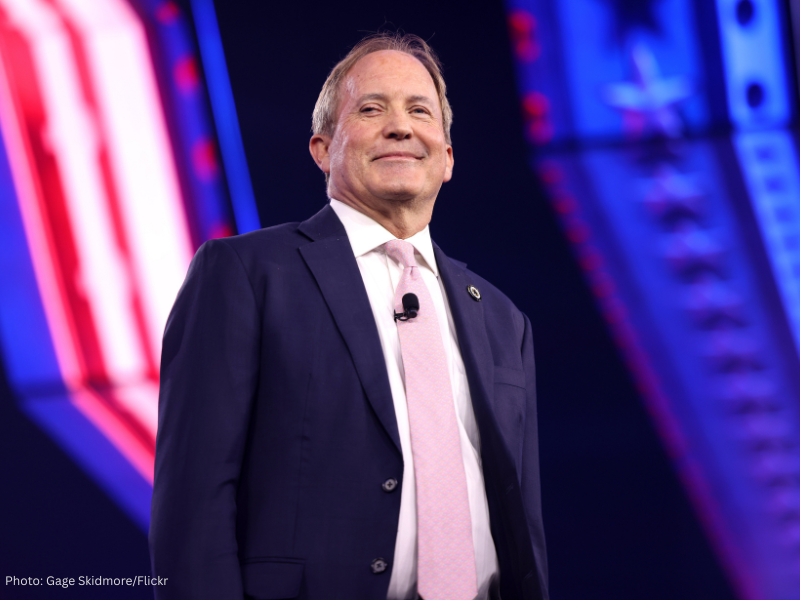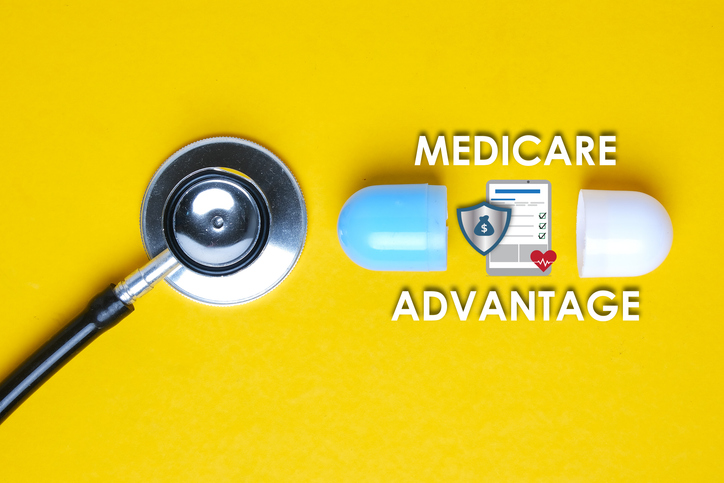Texas Attorney General Ken Paxton filed a civil lawsuit against pharmaceutical giant Eli Lilly, alleging the company illegally induced medical providers to prescribe some of its most profitable drugs, including high-demand GLP-1 weight-loss drugs Mounjaro and Zepbound.
The suit alleges violations of the Texas Health Care Program Fraud Prevention Act.
The law sets forth thirteen unlawful acts. Sec. 36.002 (5) makes it illegal knowingly to pay, charge, solicit, accept, or receive, in addition to an amount paid under the program, a gift, money, donation, or other consideration as a condition for providing a service or product paid for in whole or in part under the program.
Joining Texas in the lawsuit is Health Choice Alliance LLC, a research organization.
Back in Court
The suit builds on a previous lawsuit Paxton brought against Eli Lilly and other drug companies for artificially raising the price of insulin and then paying a significant, undisclosed kickback to pharmacy benefit managers for preferential treatment. The case is the latest in a series of actions by Paxton at the state and state-federal levels to rein in medical kickbacks and other improper financial arrangements.
Eli Lilly strongly denied the allegations, promised a robust defense, and said prior rulings had found the accusations lacked factual and legal merit. The case, Texas v. Eli Lilly & Co., was filed on August 12.
Multiple Laws
The alleged scheme is inherently unlawful on multiple levels, perhaps criminal, and rejects the claim that past rulings have a bearing on the case, says John Dunn, M.D., J.D., a board-certified emergency medicine and legal medicine physician.
“The Texas Health Care Program Fraud Prevention Act identifies the elements of the criminal conduct behind the case and provides the legal basis that prohibits such conduct,” said Dunn.
“Beyond that, fraud, bribery, and corruption are violations of the common law of torts,” said Dunn. “So, the question is whether the actions were violations of general fraud criminal statutes. The fact that they also potentially violate a law specifically concerning business practices involving Medicaid-billable medical products, services, sales, and distribution is secondary.”
Middleman Temptation
The third-party payer system, an insurance health care plan, or a government program like Medicaid, is partially to blame for the proliferation of incentives that can run afoul of the law, says Roger Stark, M.D., author and health care policy analyst for the Washington Policy Center.
“The third-party payer system works both ways,” said Stark. “It encourages the use of higher-costing drugs, while at the same time often denying patients the use of newer or off-label drugs. In a perfect world, drug manufacturers would be able to set their prices and patients would pay the company directly, without third-party interference. Then what are now considered corrupt kickbacks would simply be replaced by consumer discounts.”
Aggressive Enforcement
Texas has recently been at the forefront of prosecuting medical kickback schemes. In February, the U.S. Department of Justice Eastern District of Texas announced settlements with 18 doctors for almost $3 million under the federal Anti-Kickback Statute and the Stark Law, for receiving kickbacks from medical testing laboratories.
In 2024, Paxton successfully prosecuted a rehabilitation facility owner, who was sentenced to 84 months in federal prison and ordered to pay $8,680,380 in restitution to government health care programs for orchestrating a $15 million fraud and kickback scheme.
In 2023, Paxton’s Civil Medicaid Fraud Division recovered $42.7 million from a group of pharmaceutical manufacturers, secured a 16-year sentence against an ambulance company owner for running a Medicaid fraud scheme, and sentenced the owner of a Frisco, Texas-based durable medical equipment company to 49 months and more than $5 million in restitution in an orthopedic supplies fraud case.
In 2022, Paxton secured the indictment of the manager and operator of a Houston dental clinic for fraudulent billing of nearly $6.9 million to Medicaid.
Kevin Stone ([email protected]) writes from Arlington, Texas.



